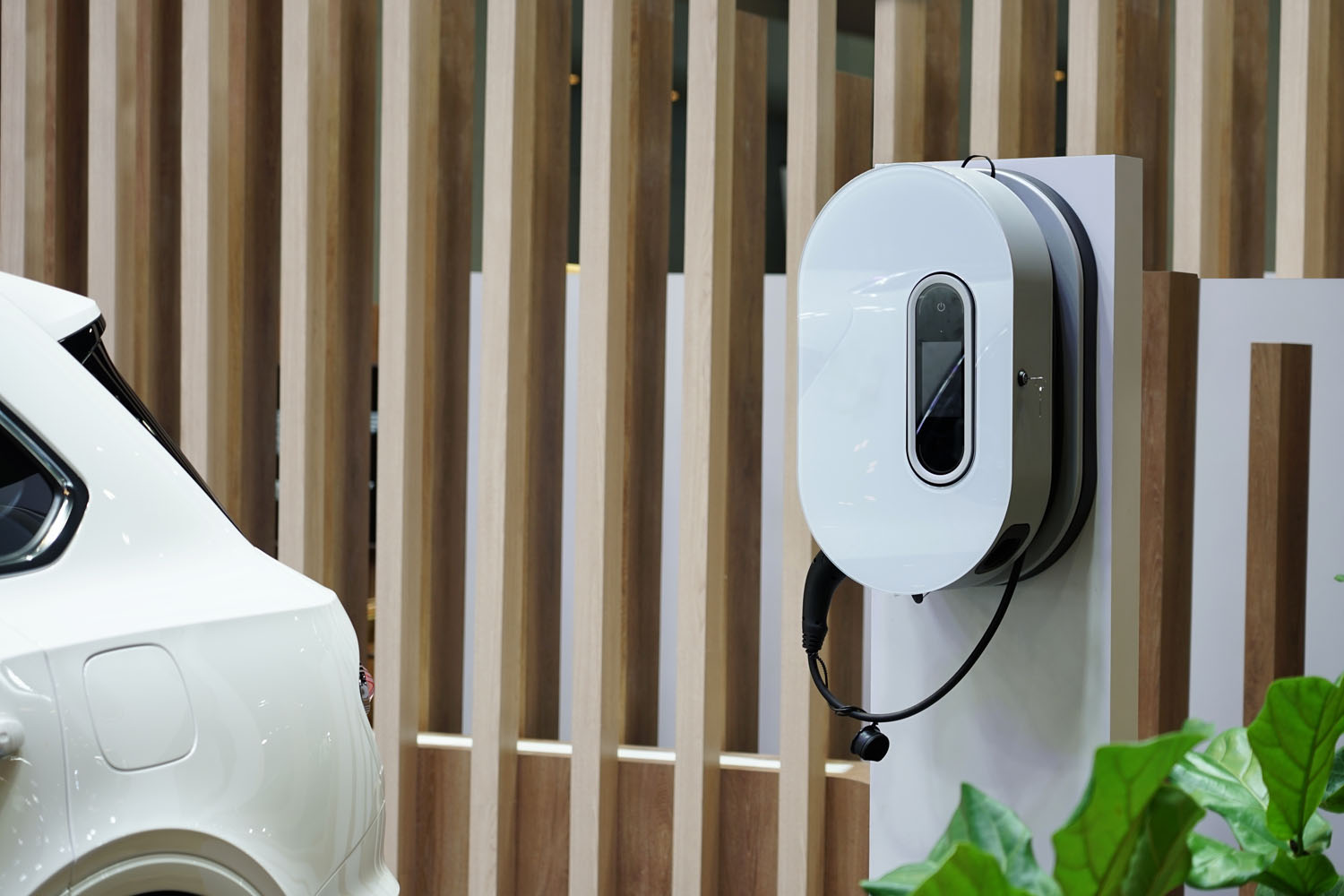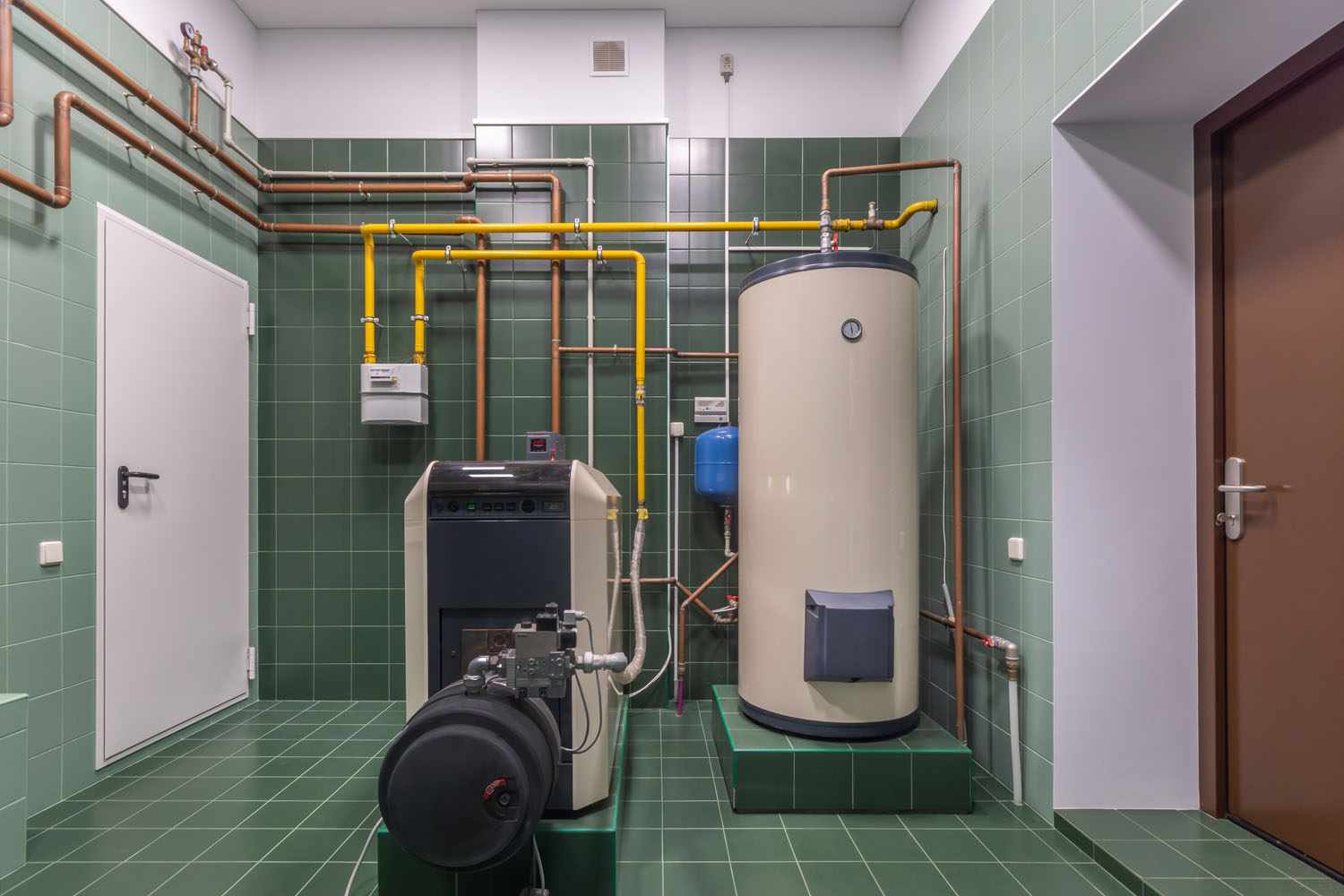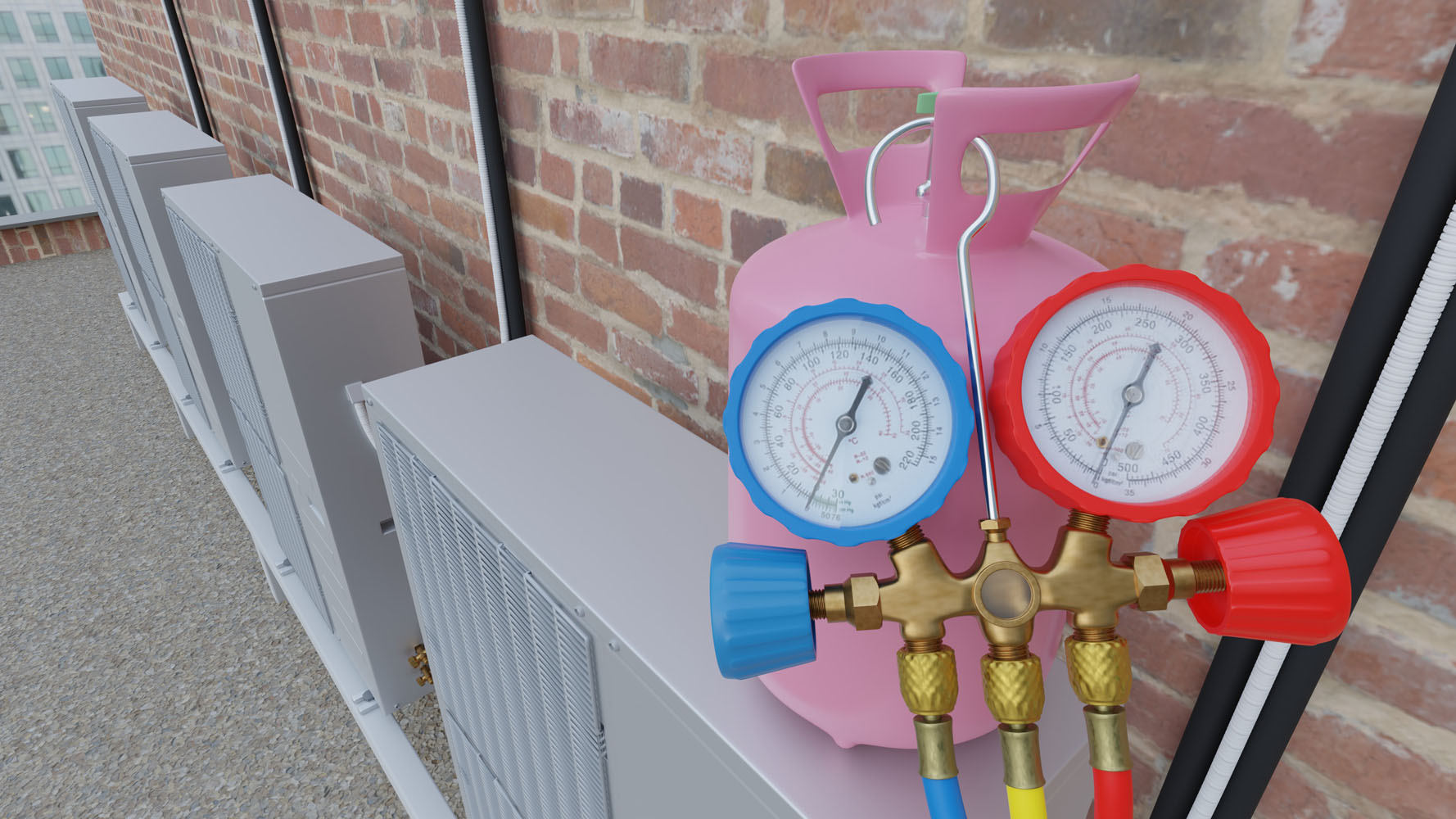Choosing the right hot water heat pump can seem daunting, but with the right guidance, you can find the perfect system tailored to your home’s needs. Here’s a step-by-step guide to help you make an informed decision.
1. Assess Your Hot Water Needs
The first step in choosing a heat pump is understanding how much hot water your household uses on a daily basis. Consider factors like:
- Household size: More people means more hot water demand.
- Water-using appliances: Dishwashers, washing machines, and the number of showers or baths per day will affect your needs.
- Peak usage times: If everyone in your household showers in the morning, your system will need to handle high-demand periods.
A professional installer can help you calculate your hot water demand based on these factors, ensuring you choose a heat pump with the right capacity for your home.
2. Consider Your Climate
Hot water heat pumps perform best in mild climates where the outdoor temperature doesn’t drop too low. Luckily, Victoria’s climate is well-suited for heat pumps, especially near Melbourne and coastal areas. If you live in a colder part of the state, you may want to consider a heat pump with a backup element to ensure hot water availability on colder days.
3. Select the Right Type of Heat Pump
There are a few different types of heat pumps to consider:
- Air-source heat pumps: These are the most common type for residential use, extracting heat from the surrounding air. They’re typically more affordable and easier to install than other types.
- Ground-source heat pumps: These extract heat from the ground and are extremely efficient, even in colder climates. However, they are more expensive to install due to the need for underground piping.
- Hybrid systems: Some heat pumps come with electric resistance elements that can kick in when additional heating is required, ensuring your household always has access to hot water, even on the coldest days.
4. Check for Government Rebates
Before finalizing your purchase, be sure to check for any available government rebates or incentives. In Victoria, programs like the Victorian Energy Upgrades (VEU) scheme and Solar Victoria provide rebates for installing energy-efficient systems like hot water heat pumps. These rebates can significantly reduce your upfront costs, making heat pumps an even more attractive option.
5. Think About Placement
The placement of your heat pump is crucial for optimal performance. Heat pumps work best in well-ventilated areas with access to ambient air. Ideally, you’ll want to place the outdoor unit in a location that isn’t exposed to extreme weather conditions, as this could affect its efficiency. Consulting with a professional installer will help you determine the best spot.
6. Look for a Reliable Installer
Finally, make sure to choose a reputable installer with experience in hot water heat pump systems. Proper installation is key to ensuring your system operates efficiently and lasts as long as possible.
Conclusion
Choosing the right hot water heat pump involves considering your household’s needs, the climate in your area, and the various types of systems available. With the right guidance, you can make a choice that provides long-term savings, improves energy efficiency, and reduces your environmental impact. Be sure to take advantage of government incentives and consult a trusted installer to ensure your system is set up for success.







